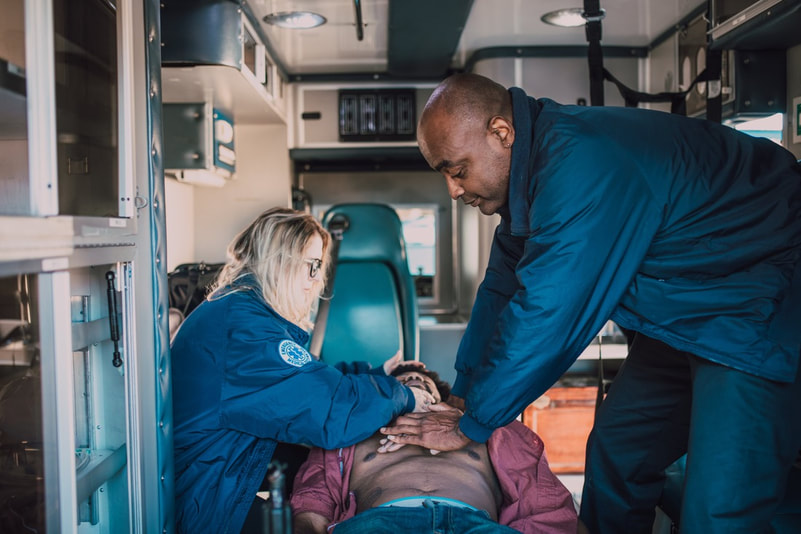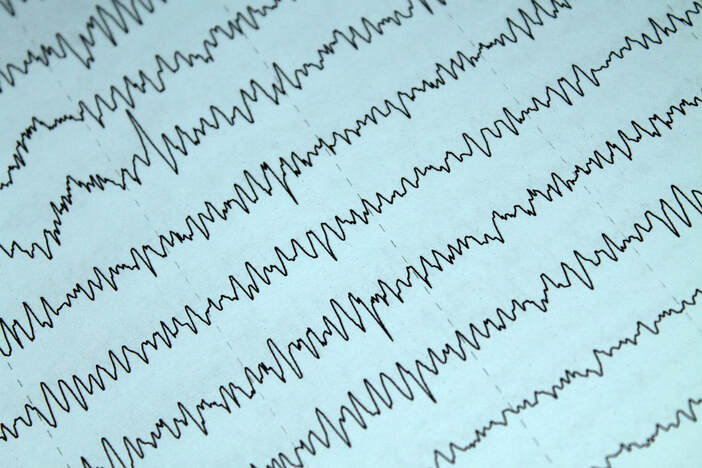Understanding Brain Consciousness During CPR
Cardiopulmonary resuscitation (CPR) refers to the emergency lifesaving procedure done in order to sustain an unconscious patient that does not have a heartbeat and is not breathing. For patients who suffer from cardiac arrest and require immediate CPR, researchers sought to better understand the brain activity of these patients who were extremely close to death. New research from the NYU Grossman School of Medicine explored patient consciousness during CPR to better understand the mind.
Many of the interviewed CPR survivors described that they had an out-of-body experience with heightened awareness, which was determined to be different from hallucinations or dreams. Participants included both hospitalized patients and members of the community who had received CPR to gain a comprehensive understanding of the experience. However, the researchers focused on the hospitalized patients in order to standardize the method of resuscitation.
Many of the interviewed CPR survivors described that they had an out-of-body experience with heightened awareness, which was determined to be different from hallucinations or dreams. Participants included both hospitalized patients and members of the community who had received CPR to gain a comprehensive understanding of the experience. However, the researchers focused on the hospitalized patients in order to standardize the method of resuscitation.
Image Source: NomeVisualizzato
Patients that were revived from CPR were found to have memories of experiencing death for up to an hour after their heart stopped. The researchers worked with several hospitals in the US and Britain to find subjects that survived after receiving CPR and had some degree of consciousness. Using an electroencephalogram (EEG), which recorded the electrical activity of the brain with surface electrodes placed on the head, they found that about 40% of patients had almost normal brain activity during CPR. The EEG recorded different spikes in brain activity that are normally found with higher mental function during consciousness. Many doctors have previously thought that after the heart stops, the patient experiences permanent brain damage after 10 minutes. However, this new study showed that the brain continues to exhibit electrical activity despite having gone through CPR.
While much of the current research is based on empirical evidence, such as testimonials from survivors, the research team hopes to conduct further research on biomarkers of clinical consciousness and long-term psychological effects after resuscitation. The current study simply examines the idea of consciousness during a near-death experience, neither proving or disproving the patients’ experiences.
Numerous jobs, internships, and volunteering services departments require that staff members get CPR certified prior to beginning their work in case of a medical emergency. While many individuals get certified some time throughout their lives due to the aforementioned reason, they never get to understand the aftermath of performing the procedure. Thus, this new study provides insight into the effects of performing CPR and understanding consciousness of the brain. Further understanding may allow opportunities to explore ways to restart the heart or minimize brain damage. The continued electrical activity of the brain may also be important for transplantation—all of which have powerful implications for the medical field.
While much of the current research is based on empirical evidence, such as testimonials from survivors, the research team hopes to conduct further research on biomarkers of clinical consciousness and long-term psychological effects after resuscitation. The current study simply examines the idea of consciousness during a near-death experience, neither proving or disproving the patients’ experiences.
Numerous jobs, internships, and volunteering services departments require that staff members get CPR certified prior to beginning their work in case of a medical emergency. While many individuals get certified some time throughout their lives due to the aforementioned reason, they never get to understand the aftermath of performing the procedure. Thus, this new study provides insight into the effects of performing CPR and understanding consciousness of the brain. Further understanding may allow opportunities to explore ways to restart the heart or minimize brain damage. The continued electrical activity of the brain may also be important for transplantation—all of which have powerful implications for the medical field.
Featured Image Source: RDNE Stock project
RELATED ARTICLES
|
Vertical Divider
|
Vertical Divider
|
Vertical Divider
|






